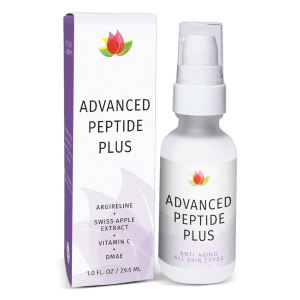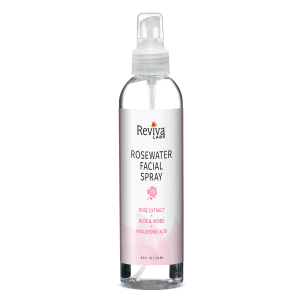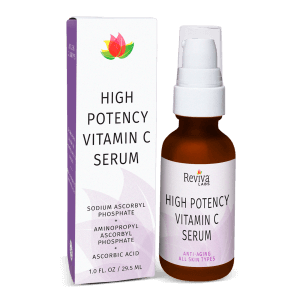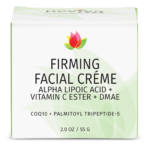Apple Cider Vinegar
One can use apple cider vinegar as a rinse. It allows one to rinse away soap films. It is also used as a natural solvent in creams and oils. Non-toxic.
Apple cider vinegar, or cider vinegar, is a vinegar made from fermented apple juice, and used in salad dressings, marinades, vinaigrettes, food preservatives, and chutneys. It is made by crushing apples, then squeezing out the juice. Bacteria and yeast are added to the liquid to start the alcoholic fermentation process, which converts the sugars to alcohol. In a second fermentation step, the alcohol is converted into vinegar by acetic acid-forming bacteria (Acetobacter species). Acetic acid and malic acid combine to give vinegar its sour taste.
 | |
| Nutritional value per 100 g (3.5 oz) | |
|---|---|
| Energy | 90 kJ (22 kcal) |
0.93 g | |
| Sugars | 0.40 g |
| Dietary fiber | 0 g |
0 g | |
0 g | |
| Vitamins | Quantity %DV† |
| Vitamin A equiv. | 0% 0 μg |
| Thiamine (B1) | 0% 0 mg |
| Riboflavin (B2) | 0% 0 mg |
| Niacin (B3) | 0% 0 mg |
| Vitamin B6 | 0% 0 mg |
| Folate (B9) | 0% 0 μg |
| Vitamin B12 | 0% 0 μg |
| Vitamin C | 0% 0 mg |
| Vitamin E | 0% 0 mg |
| Vitamin K | 0% 0 μg |
| Minerals | Quantity %DV† |
| Calcium | 1% 7 mg |
| Iron | 2% 0.20 mg |
| Magnesium | 1% 5 mg |
| Phosphorus | 1% 8 mg |
| Potassium | 2% 73 mg |
| Sodium | 0% 5 mg |
| Zinc | 0% 0.04 mg |
| Other constituents | Quantity |
| Water | 93.81 g |
| |
| †Percentages are roughly approximated using US recommendations for adults. Source: USDA FoodData Central | |
There is no high-quality clinical evidence that regular consumption of apple cider vinegar helps to maintain or lose body weight, or is effective to manage blood glucose and lipid levels.









